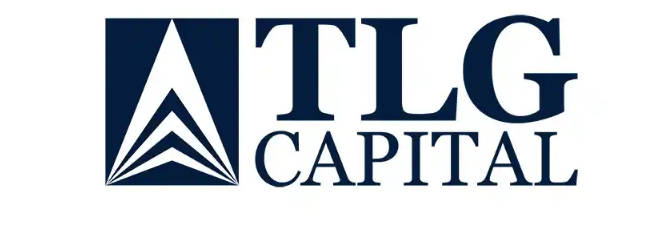Future Africa Teams Up With TLG Capital To Set Up $25M Venture Debt Fund For Portfolio Companies. Future Africa is a venture capital firm with its headquarters in Lagos, in partnership with TLG Capital, an open-ended credit fund with its headquarters in London.
Future Africa claims that since its founding in 2016, it has invested in over 90 businesses totalling over $6 billion, including Flutterwave, Andela, Stears, and 54gene.
13 of Future Africa’s portfolio companies have already received structuring support from TLG. The requirement for funding stipulates that chosen startups must bring in between $1 and $10 million in revenue annually.
TLG Capital will structure the debt so that it is asset-backed and based on “proper fundamentals,” according to a statement. The company will also work closely with the portfolio CFOs of Future Africa to get them ready to: keep accurate records and practice financial restraint; achieve accurate unit economics, and accept and control the leverage on their books.
Read also: Tunisian startup Beekeeper tech raises $640K in seed funding
Future Africa Funding for TLG Capital
The fund formed from TLG’s current funds will assist Future Africa’s portfolio companies in maintaining their runway in a fundraising environment that is becoming more constrained. African startups raised more than $5 billion in funding last year, and the dependence on debt funding was a common theme in two mega-rounds that were announced: the B2B e-commerce platform TradeDepot and the fintech MFS Africa.
The incident demonstrated that startups, regardless of the nature of their industry, require debt. Recently, through the yet-to-be-launched Hustler Fund in collaboration with the Kenyan government, startups like the B2B food supply chain platform Twiga and the mobility fintech Moove have raised several million in debt to fund their operations.
The amount of debt funding may have decreased this year, but Future Africa’s founder and general partner, Iyinoluwa Aboyeji, said that as interest rates rise and the cost and risk appetite of equity capital increases, founders will be forced to use debt to fund their businesses. He continued by saying that even if founders are successful in raising equity, they might do so with conditions that severely dilute their ownership of the company.
Dept Funding For Fintech Startup
Future Africa claims that since its founding in 2016, it has invested in over 90 businesses totaling over $6 billion, including Flutterwave, Andela, Stears, and 54gene. TLG Capital, on the other hand, has invested in over 30 deals to date, including Branch and FairMoney, and has exited over 20, according to the shared statement. TLG Capital has strong debt structuring expertise spanning more than a decade.
Future Africa wants to expand this venture finance program using the credit fund’s debt expertise. Aboyeji claims that the program aims to support and honour founders who do a good job of establishing the proper financial discipline and to motivate founders to create successful businesses as opposed to chasing valuations.
According to Thacker’s quotation, TLG has thus far provided structural support to 13 of Future Africa’s portfolio firms (though the checks are yet to be written to these startups). According to Aboyeji, they satisfy several requirements, one of which is that the chosen firms must produce between $1 and $10 million in revenue annually.
TLG Capital will arrange the debt in a way that makes it asset-backed and based on “correct fundamentals.” The company will also engage closely with the portfolio CFOs of Future Africa to get them ready to: keep accurate records and practice financial restraint; achieve accurate unit economics; and accept and control the leverage on their books. Both parties intend to broaden this funnel in the upcoming months, and Thacker, who oversees TLG Capital’s focus on originating and carrying out transactions inside the growth equity area, will make the pick.




